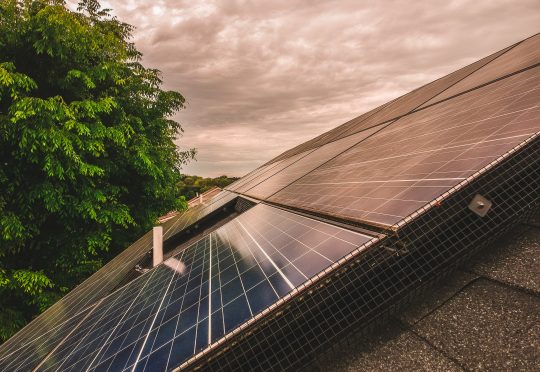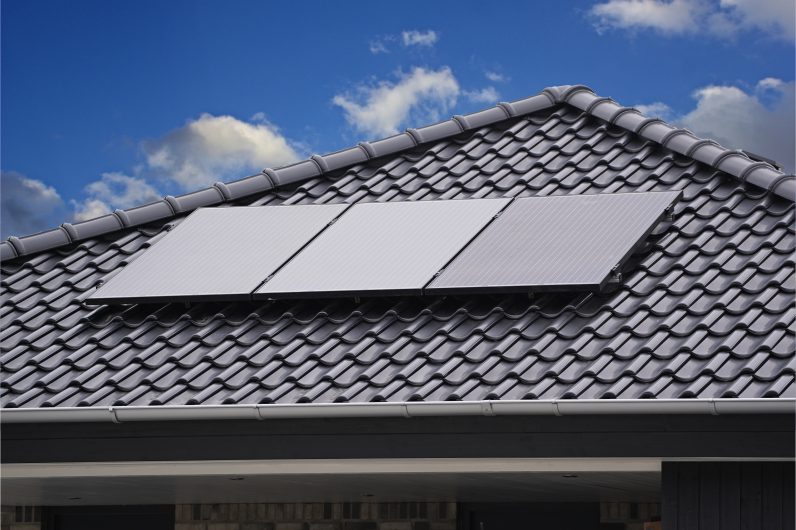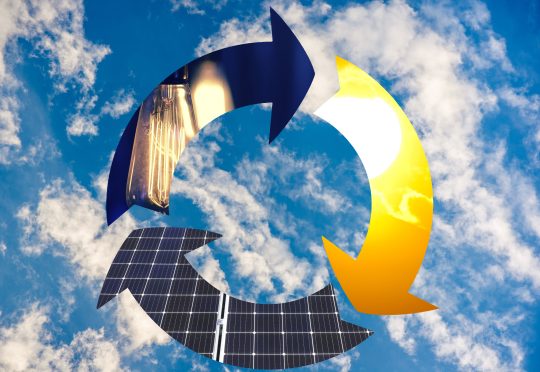
Solar panels reduce your carbon footprint and increase your energy savings, but the lingering question remains: do they also increase your home’s market value? The short answer is yes, solar panels do add value to your home.
According to research by the National Renewable Energy Laboratory, every dollar that a solar panel saves you on your electrical bills increases the value of your home by $20. And according to Zillow, homes with solar panels sell for four percent higher than those without them.
Factors that Contribute to Added Value
1. Location
Investing in solar energy for your home can be a great way to save money and become more environmentally friendly – but not every state is equally supportive. In some places, laws have been designed to incentivize homeowners with plentiful access points, installers and local support who all make converting possible! Whether or not solar will increase your home value depends largely on which geographic locations are most advantageous when it comes to investing in solar.
2. Meeting Homeowner Demand
According to sources, 80% of buyers look for solar panels and other energy efficient upgrades when on the house hunt. In general, homeowners are shifting to an environmentally friendly mindset. In addition, the majority of homeowners are aiming to cut back on their living expenses, which makes cutting down on utility bills an important factor when investing in a home. Even the most environmentally disinterested buyer will be attracted to potential energy savings and the ability to have more control over what they pay for power.
3. Size of System
If you’re looking to add value to your home through solar panels, size matters! Capacity and quality of the system installed should be relative to the dimensions of your property. Make sure they match up – it could mean a significant return on investment when it comes time to sell or refinance your home.
4. Leasing vs Buying Panels
Investing in solar panel ownership is a great way to expand the worth of your home. Even if you opt to lease, there may still be an impressive price bump when it comes time to sell. Learn more in our guide to leasing versus buying solar panels.
5. Age of System
Another factor to take into consideration is the age of the home’s solar system. The typical lifespan of a solar system is 25-30 years, and sometimes more if they’re in optimal condition and well maintained. With that being said, homes with a newer system would be most attractive to a potential buyer.
Overall, solar panels can be a sound investment for your home, but don’t always guarantee a jump in the market value. Be sure to take into consideration the factors listed above, ranging from geographic location and energy rates to particular elements within your system itself. By familiarizing yourself with these areas of influence, you’ll be able to better comprehend how they affect property value when it comes to your solar decision.


